Notebooks of Art and Photography. Selection # 11
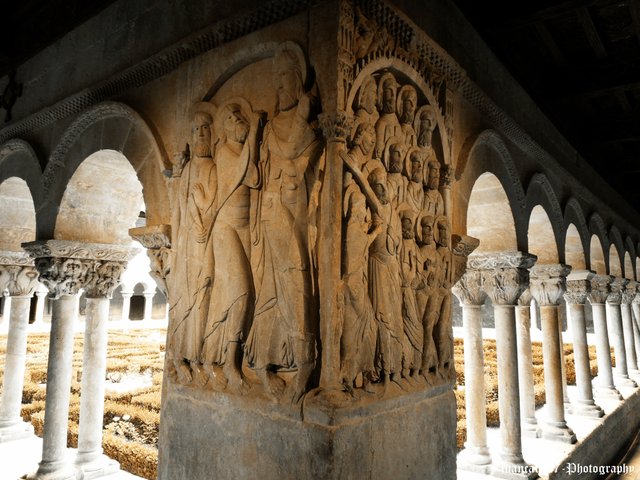
In the same way that happens in Galicia, when speaking of Romanesque art, reference is usually made to the so-called 'Mateano style', due to the influence that the constructor of the famous Compostela Portico de la Gloria (Glory’s Gate), Master Mateo, exerted on many later constructions, in Castilla a similar case occurs, which has as its focus the ancient monastery of Santo Domingo de Silos.
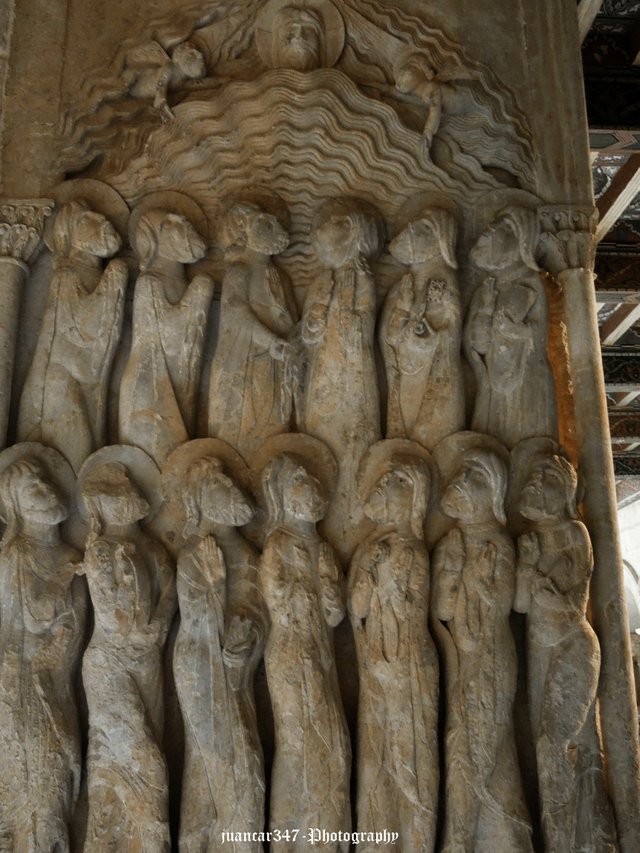
Located in the heart of Burgos, a short distance from the famous Yecla gorge, where the troops of the first Castilian counts, such as Fernán González, ambushed the Muslim invader, Santo Domingo de Silos constituted, without a doubt, that original source of the that drank many workshops of stonemasons that spread throughout the length and breadth of the infinite Castilian plains, erecting a disparate number of churches and hermitages, whose elements imitated the original works of the different brotherhoods that worked in the ancient monastery.
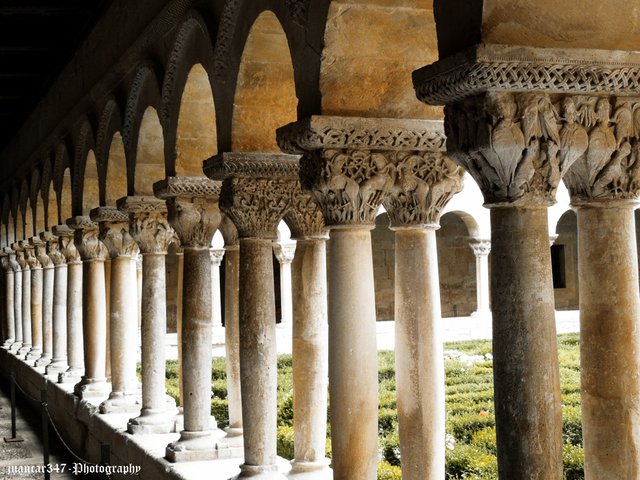
Hence, due to the similarity and imitation of these elements, among which we can count, as an example, with those horned harpies, which somehow recall Egyptian hieraticism or those male goats entangled in lianas, which somehow would come to allude to the wildest instincts that dominate man, art historians also began to reveal the so-called 'Silense style', which is referred to in practically all studies that touch on the subject.
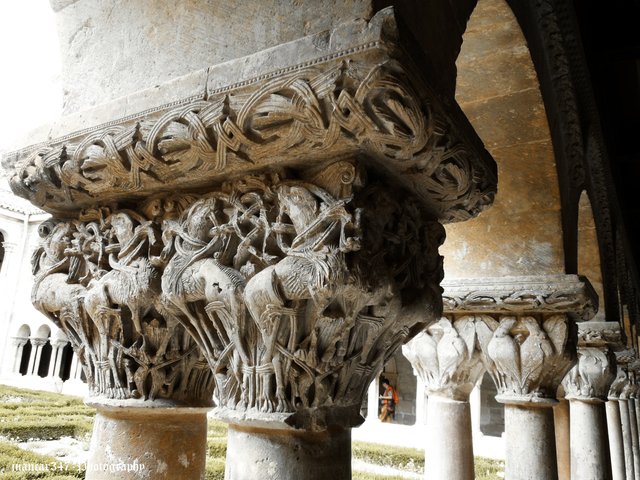
On the other hand and historically speaking, Silos was one of those places to which the wrath of the powerful Caliphate of Córdoba was especially directed, especially when it was ruled by the terrible caudillo Almanzor, whom the Christians referred to as' the scourge of God ', on the eve of the dreaded year 1000 and the medieval belief in the arrival of the Apocalypse prophesied by Saint John and the Parousia of Christ.
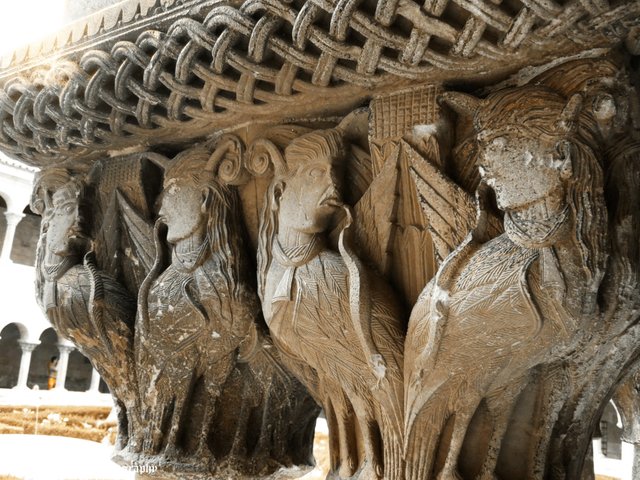
NOTICE: Both the text and the accompanying photographs are my exclusive intellectual property and therefore are subject to my Copyright.
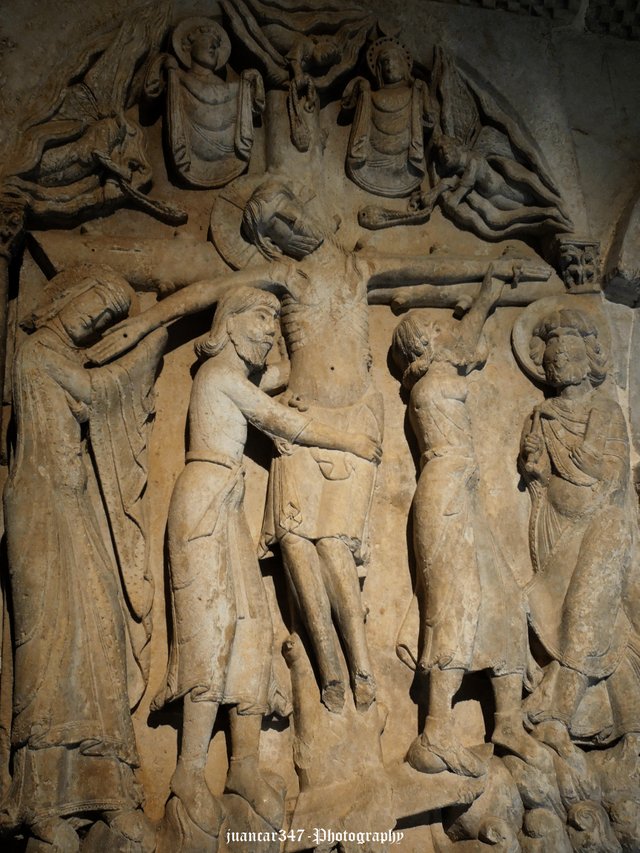


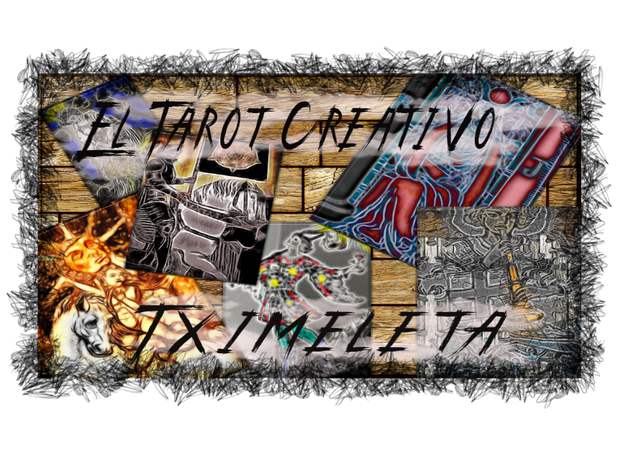
Hi @juancar347 , carving images is an art that complements the architecture of buildings very well, a job very well done
Indeed, an art at the service of education. At least that was the way it was in those days.